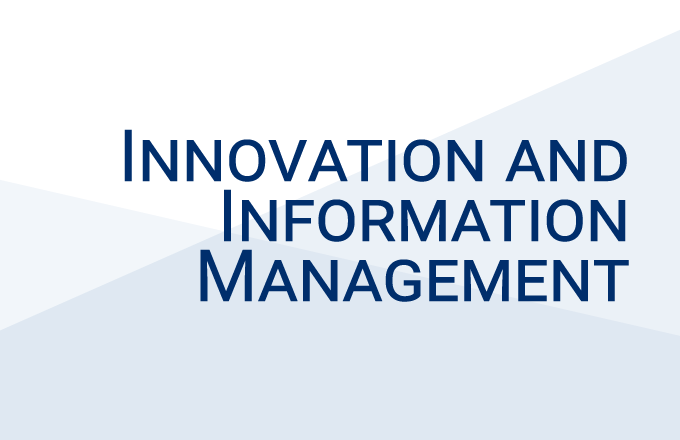Tainting the Discourse: The Role of Incivility in Shaping Subsequent User Engagement
Mr. Sung Hyun (SK) Kwon
Ph.D. Candidate in Information Systems
Robert H. Smith School of Business
University of Maryland
The proliferation of content on digital platforms has led to an increase in uncivil content, adversely impacting platform safety and community. We evaluate the effect of multiple levels of uncivil content on subsequent user engagement. Leveraging a unique dataset from the largest online community in South Korea, we categorize incivility (extreme, mild, or no incivility) using large language models and estimate their impact using causal forests. Theorizing based on cognitive dissonance and emotional arousal, our findings reveal several critical insights. While uncivil content can increase user engagement and contributions, its effectiveness varies with the level of incivility. Extremely uncivil content, which we posit triggers stronger emotional arousal, but also potentially stronger cognitive dissonance, leads to a notable decrease in the novelty of subsequent content. Conversely, mildly uncivil content, by eliciting emotional arousal without substantial cognitive dissonance, promotes a more diverse and novel range of user responses. Still, both levels of uncivil content (extreme and mild) are linked to an increased subsequent extreme incivility and a decreased normal discourse. This outcome underscores the interplay between emotional arousal and cognitive dissonance in shaping user reactions to uncivil content and highlights the importance of exploring incivility beyond a simple binary measure. We suggest potential moderation policies that limit responses to incivility that indicate a richer, more diverse engagement while curbing the spread of extreme incivility.














